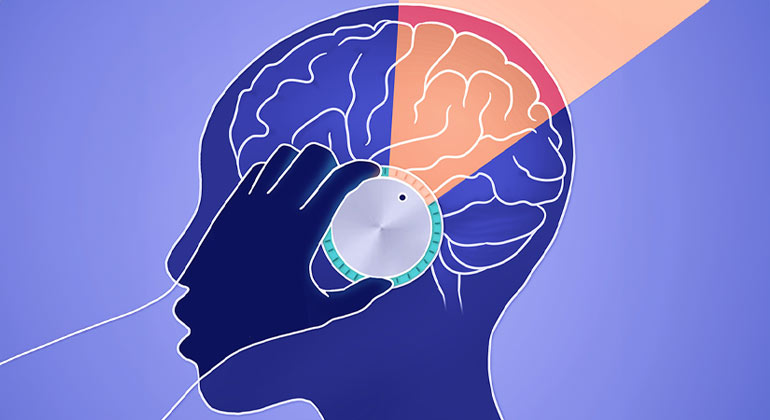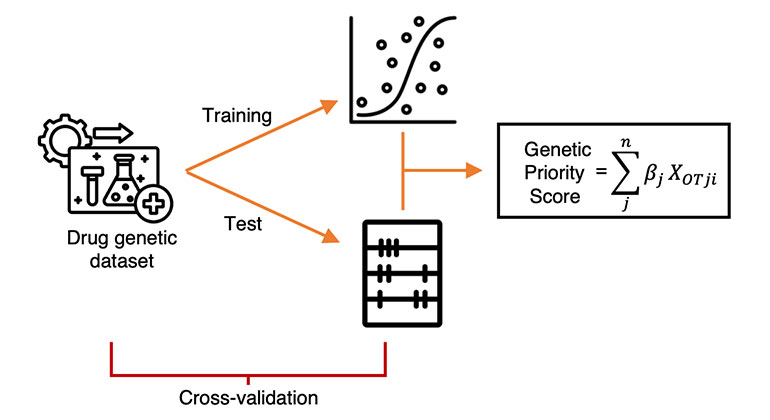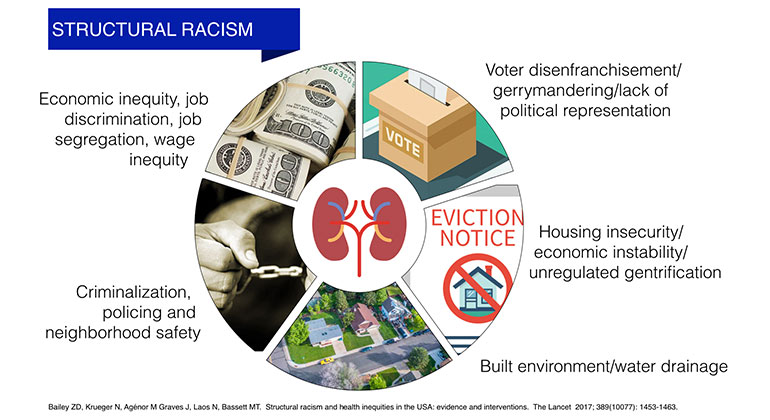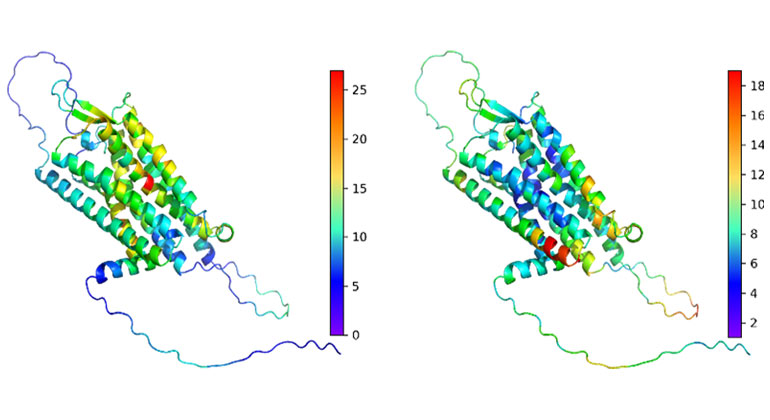3D-Printed Trachea among Key Mount Sinai Research Presented at American Association for Thoracic Surgery Meeting
Icahn School of Medicine at Mount Sinai researchers presented several landmark studies at the 2015 American Association for Thoracic Surgery (AATS) meeting in Seattle.
Icahn School of Medicine at Mount Sinai researchers presented several landmark studies at the 2015 American Association for Thoracic Surgery (AATS) meeting in Seattle.
AATS Highlights include:
• First Successful 3D Printed Trachea
A team of researchers from Icahn School of Medicine have combined 3D printing technology with human stem cells to create the first successful 3D-printed biologic tracheal graft in an animal model. Using a biocompatible polymer, researchers created a customized 3D-printed tracheal graft seeded with stem cells. The graft was then used to repair a defect in an animal. The Mount Sinai team continues to work toward creating a customized tracheal graft that could be used to repair complex airway defects in humans.
"We are very pleased with our early results and look forward to continuing our work in this area," said Faiz Bhora, MD, Chief of Thoracic Surgery at Mount Sinai Roosevelt and Mount Sinai St. Luke’s, Associate Professor of Thoracic Surgery, Icahn School of Medicine. “The ability to produce a customized organ derived from biocompatible material or from a patient’s own stem cells is the new frontier in biomedical engineering and may represent a future permanent treatment for patients with tracheal injuries." Other key members of the team include Robert Lebovics, MD, chief of otolaryngology at Mount Sinai St. Luke's and Mount Sinai Roosevelt, Adnan Al-Ayoubi, MD, PhD, Sadiq Rehmani, MD, and Michael Barsky, BA, postdoctoral fellows in the thoracic surgery research lab.
• Increased Mortality in Black Patients after Surgery for Esophageal Cancer
In a study led by Andrea Wolf, MD, Assistant Professor of Thoracic Surgery at the School of Medicine, African-American patients with esophageal cancer were found to have higher rates of mortality after surgery compared to their white counterparts. Researchers analyzed patient outcomes data from the Survival Epidemiology and End Results (SEER) database to determine the impact of surgery.
“We believe the disparity in survival may be attributed to the fact that blacks may not be staged adequately and lack access to more experienced, specialized thoracic surgeons,” said Dr. Wolf. “Further studies are needed to access whether skilled surgeons may improve survival in these patients.”
• Is Surgical Resection Justified for Myasthenia Gravis?
In a study led by Andrew J. Kaufman, MD, Assistant Professor of Thoracic Surgery at the School of Medicine, patients receiving surgical treatment for Myasthenia Gravis, a chronic autoimmune neuromuscular disease characterized by varying degrees of weakness of the skeletal muscles of the body, achieved stable remission and improvement of symptoms after surgery. Researchers analyzed more than 1,000 patients who underwent a Thymectomy to remove the thymus, a specialized organ of the immune system. 19% of patients achieved complete stable remission; an additional 16% experienced improvement in symptoms requiring less medication after; and 58% were stable after surgery but developed progressive disease.
“Our analysis suggests surgery provides a significant chance of achieving complete and stable remission in many patients,” said Andrew J. Kaufman, MD, Assistant Professor of Medicine, Icahn School of Medicine at Mount Sinai, “Surgery should be considered for the treatment of myasthenia gravis, especially in those with mild symptoms."
About the Mount Sinai Health System
Mount Sinai Health System is one of the largest academic medical systems in the New York metro area, with more than 43,000 employees working across eight hospitals, over 400 outpatient practices, nearly 300 labs, a school of nursing, and a leading school of medicine and graduate education. Mount Sinai advances health for all people, everywhere, by taking on the most complex health care challenges of our time — discovering and applying new scientific learning and knowledge; developing safer, more effective treatments; educating the next generation of medical leaders and innovators; and supporting local communities by delivering high-quality care to all who need it.
Through the integration of its hospitals, labs, and schools, Mount Sinai offers comprehensive health care solutions from birth through geriatrics, leveraging innovative approaches such as artificial intelligence and informatics while keeping patients’ medical and emotional needs at the center of all treatment. The Health System includes approximately 7,300 primary and specialty care physicians; 13 joint-venture outpatient surgery centers throughout the five boroughs of New York City, Westchester, Long Island, and Florida; and more than 30 affiliated community health centers. We are consistently ranked by U.S. News & World Report's Best Hospitals, receiving high "Honor Roll" status, and are highly ranked: No. 1 in Geriatrics and top 20 in Cardiology/Heart Surgery, Diabetes/Endocrinology, Gastroenterology/GI Surgery, Neurology/Neurosurgery, Orthopedics, Pulmonology/Lung Surgery, Rehabilitation, and Urology. New York Eye and Ear Infirmary of Mount Sinai is ranked No. 12 in Ophthalmology. U.S. News & World Report’s “Best Children’s Hospitals” ranks Mount Sinai Kravis Children's Hospital among the country’s best in several pediatric specialties.
For more information, visit https://www.mountsinai.org or find Mount Sinai on Facebook, Twitter and YouTube.
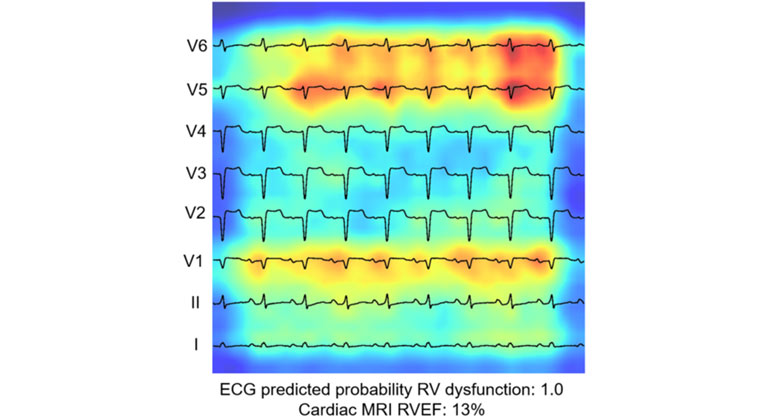
AI-Driven Study Redefines Right Heart Health Assessment With Novel Predictive Model
Jan 04, 2024 View All Press Releases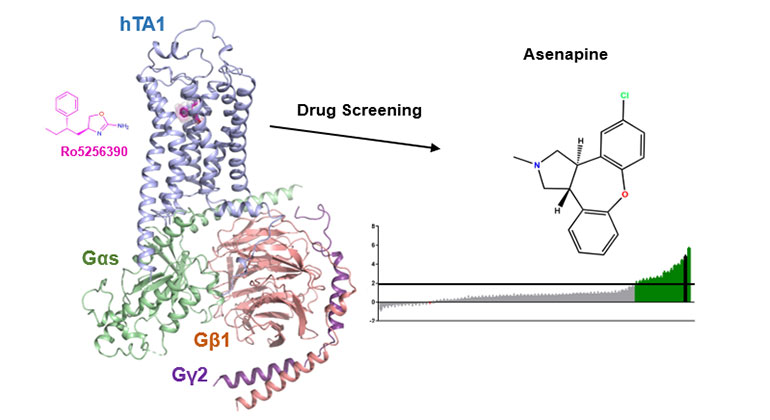
Demystifying a Key Receptor in Substance Use and Neuropsychiatric Disorders
Jan 02, 2024 View All Press Releases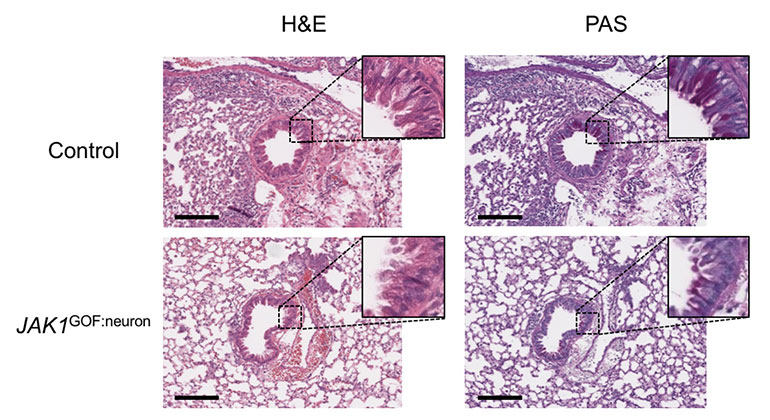
New Insights Revealed On Tissue-Dependent Roles of JAK Signaling in Inflammation
Dec 21, 2023 View All Press Releases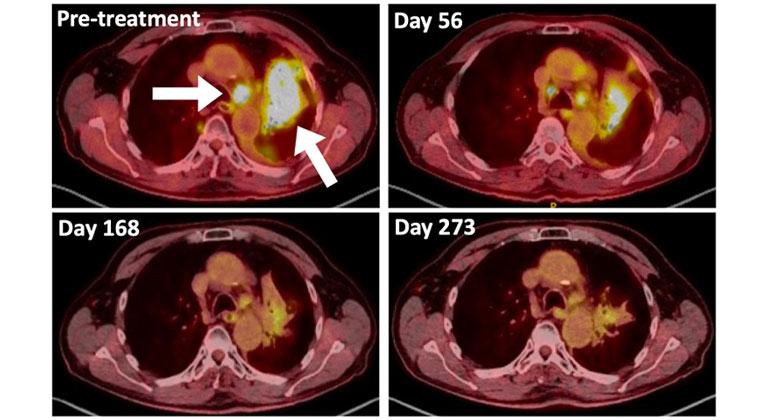
A Type of Allergy Medicine Might Help Treat Lung Cancer, Research Suggests
Dec 06, 2023 View All Press Releases

